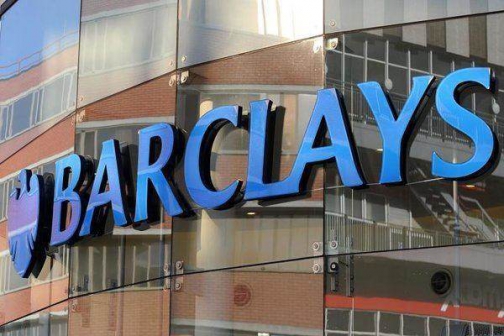×
The Standard e-Paper
Smart Minds Choose Us

Kenyan banks may not be ready for a new accounting law that would significantly reduce their profitability next year.
The new guidelines under the International Financial Reporting Standard (IFRS) 9 come into force on January 1, 2018. The rules will adopt a one-year forward-looking model rather than waiting for loans to go sour to make provisions like under the current regime known as International Accounting Standards (IAS) 39.